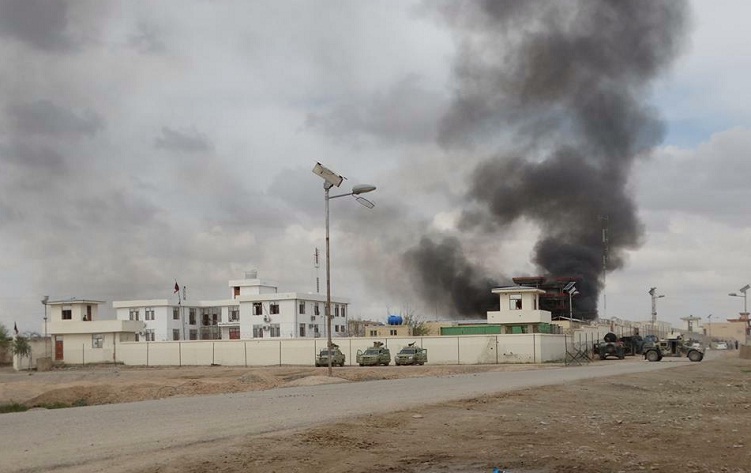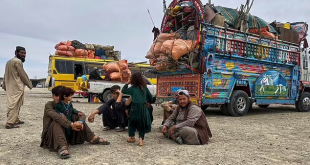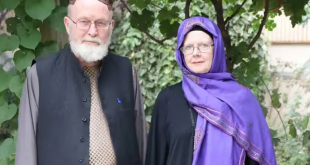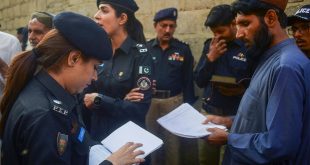Security situation in Helmand province is out of the government’s control. For the past several months, the provincial officials sought the central government’s attention. However, a few got sacked for telling the truth—exposing a weak government with no military strategies. The Taliban have launched multiple attacks in the province. Provincial Council members repeatedly urged the security policymakers in Kabul to tame insecurity or else the insecure districts would fall to the Taliban one by one. They were right. The insurgent group had challenged the government in every district of Helmand.
Unfortunately, the leaders and policymakers have not learnt from their mistakes. The major cause of the insecurity is distortion of facts by the central government. Spokesmen of security organizations are fabricated stories to blanket the failures.
According to the defense ministry officials the Taliban are trying to establish safe havens in southern Helmand province. They also assured of improved security in the province by introducing new plans—plans of which the nation is hearing for the past two years without any break.
Spokesman for the Ministry of Defense, Dawlat Waziri, said that huge number of Taliban fighters from different provinces flocked in Helmand to establish safe havens. He claimed that the Taliban had been defeated and suffered heavy casualties. The statement has failed to convince the residents of insecure provinces and security affairs analysts because over 60 percent of Helmand province is under control of the Taliban. Second, the Taliban had gained five percent more territory this year.
How can the government distort the facts that hundreds of people have left their homes in Helmand province? How can the security officials assure people of improved law and order situation when the militants are a few kilometers away from Lashkargah, the provincial capital? In a short span of time, first it was Nad Ali captured by the Taliban and later it was Garmsir. The security forces yet to eliminate insurgents from these districts. Second, the militants may have gone from different provinces to Helmand to support their comrades, but their number would be small.
Over twenty-five provinces are still insecure, indicating heavy presence of insurgents. Badakhshan, Nuristan, Kunar, Nangarhar, Kunduz, Baghlan, Takhar, Uruzgan, Nimroz, Farah, Herat, Logar, Ghazni, and Maidan Wardak are just a few provinces in the list where Taliban are in dominant position.
On the security chessboard, the Taliban has restricted the government to a few squares—in this case Kabul. If the current policies continued, the militants would checkmate the government, at least stalemate. To regain strength, the officials should speak the truth. As real strength is in public support, truth will muster support for the government.
 Afghanistan Times
Afghanistan Times




